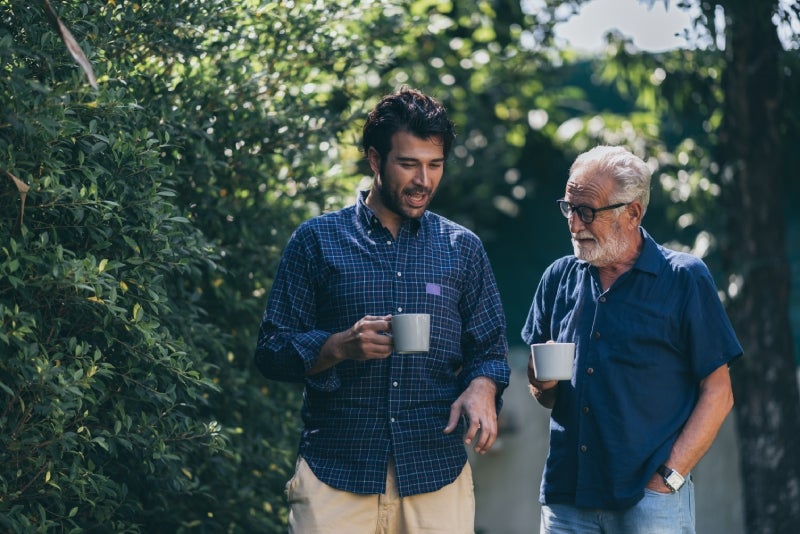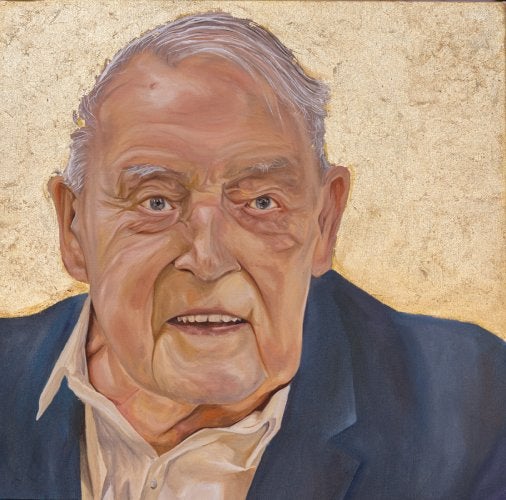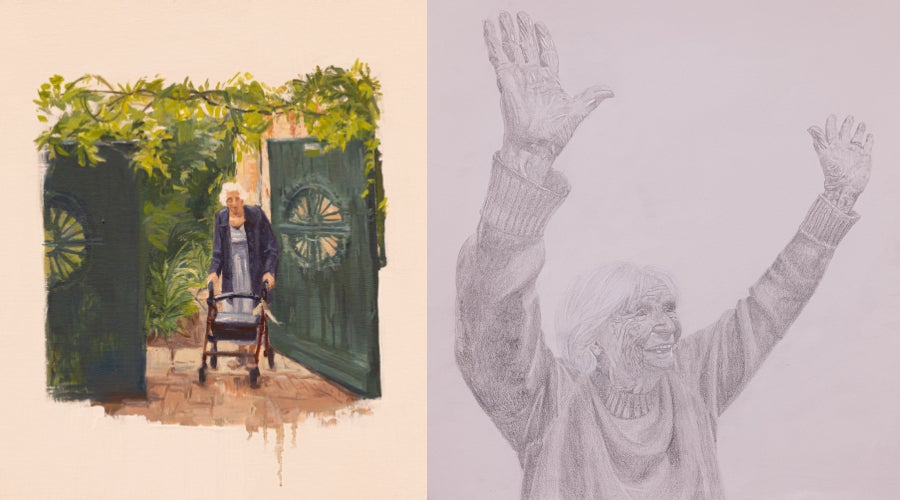Positive ageing

Ageism is a serious problem affecting people of all ages and across all life stages. The World Health Organization’s 2021 Global Report on Ageism called it “prevalent, ubiquitous and insidious” (p. IX).
In 2021 the Australian Human Rights Commission released its report ‘What’s age got to do with it?’ on ageism across the Australian lifespan. Led by former Age Discrimination Commissioner, the Hon Dr Kay Patterson AO, the report found that ageism is widespread in society, with 90% of the national sample surveyed for the report agreeing ageism exists in Australia, 83% identifying it as a problem, and 65% saying it affects people of all ages.
Ageism can manifest in stereotypes (how we think), prejudice (how we feel), and discrimination (how we act) towards people on the basis of their age.[i] While people of all ages can and do experience ageism, it has particularly serious consequences for older people’s health and wellbeing.[ii]
The good news is that age-related stereotypes and prejudice are malleable. Research has shown that providing accurate information as a way to challenge myths and stereotypes can prompt people to reflect on and change their biased thinking and assumptions.[i]
In 2022–2023, Dr Patterson and team undertook a research project to evaluate the effectiveness of a brief, one-off ageism awareness session in reshaping perceptions regarding ageing and older adults among worked in aged care and community settings.
The project aimed to promote positive age beliefs among people who work closely with older adults by equipping them with the skills and awareness to recognise, question, and update age biases and assumptions.
The report, Changing perspectives: testing an ageism intervention, was published on 13 July 2023.
[i] World Health Organization (2021). Global report on ageism. World Health Organization. https://apps.who.int/iris/handle/10665/340208. License: CC BY-NC-SA 3.0 IGO.
[ii] Chang, E.S., Kannoth, S., Levy, S., Wang, S.Y., Lee, J.E., & Levy, B.R. (2020) Global reach of ageism on older persons’ health: A systematic review. PLoS ONE 15(1): e0220857. https://doi.org/10.1371/journal.pone.0220857
The Centenarian Portrait Project by Teenagers

Dr Patterson was a long-term advocate and supporter of The Centenarian Portrait Project by Teenagers (2017–2023), a national arts initiative that sought to promote intergenerational friendships, celebrate life at 100, and fight stigma related to ageing.
Each rendition of the program involved up to 100 teenage artists and 100 centenarians, who got to know one another in a supported environment. For most artists, it was a chance to meet a centenarian for the first time; for centenarian subjects, a chance to share their story and for both generations, a memorable exchange of perspectives. Exhibitions were held to display the finished portraits, which were gifted to the centenarians afterwards as a keepsake.
The project culminated in a National Exhibition of 100 portraits of centenarians by 100 teenage artists held at Belconnen Arts Centre in Canberra from 19 May to 2 July 2023.
For more information about the project, visit https://www.embraced.com.au/.

(R) Portrait of 109-year-old Catherina van der Linden by 16-year-old Olympia Andrae
